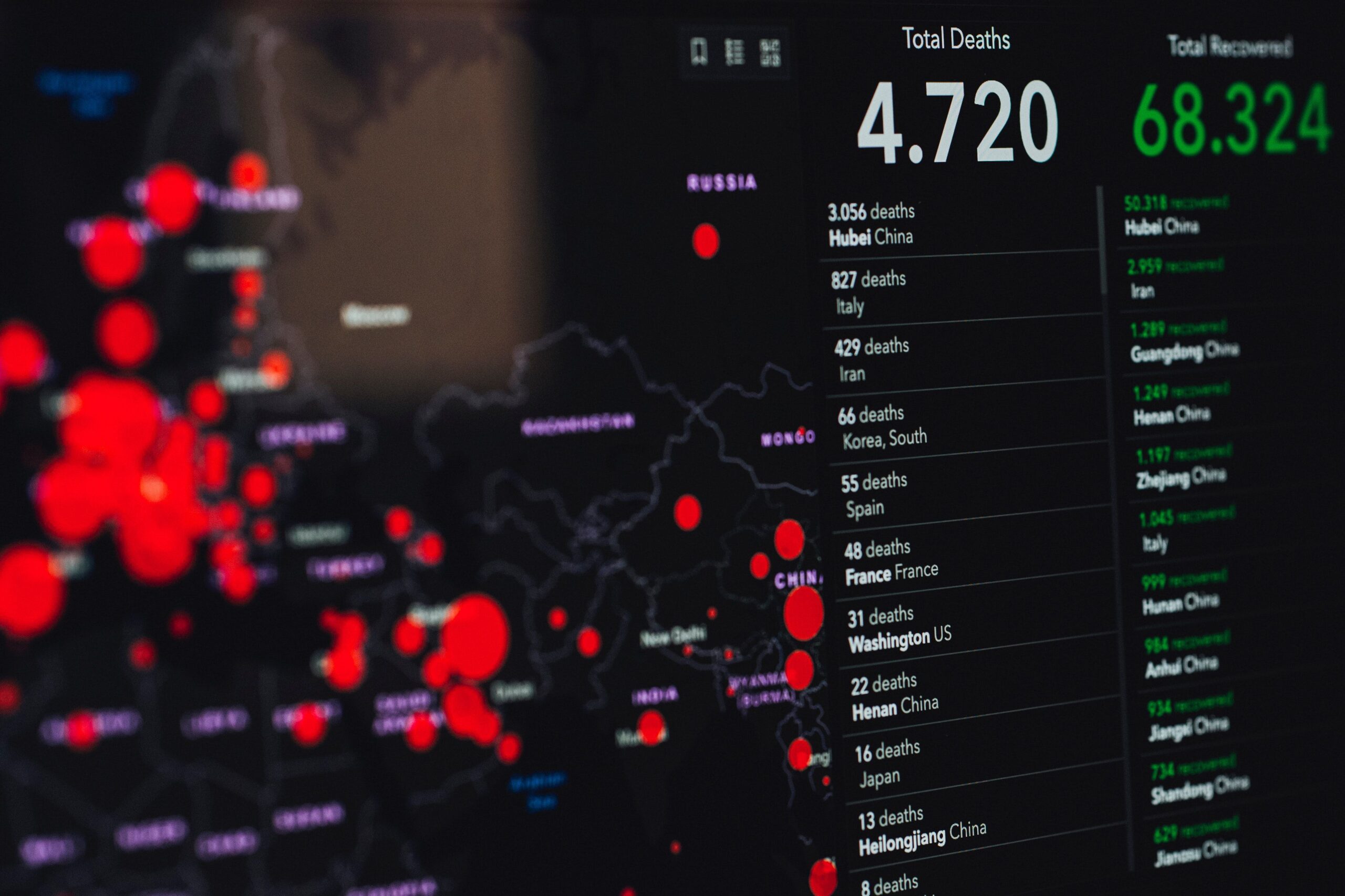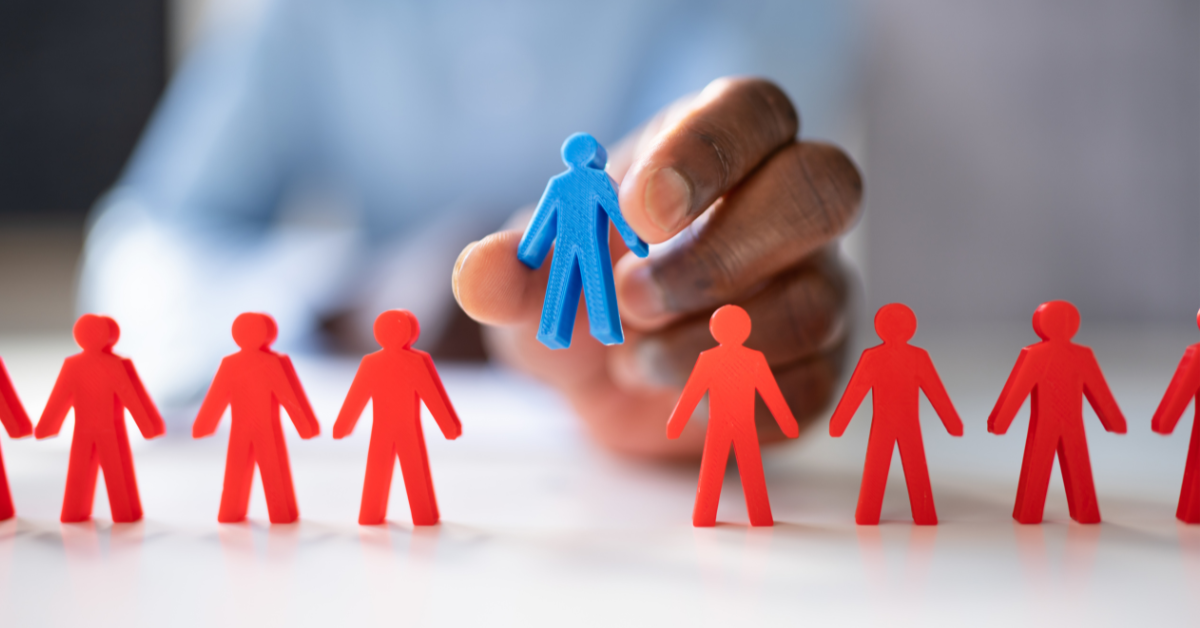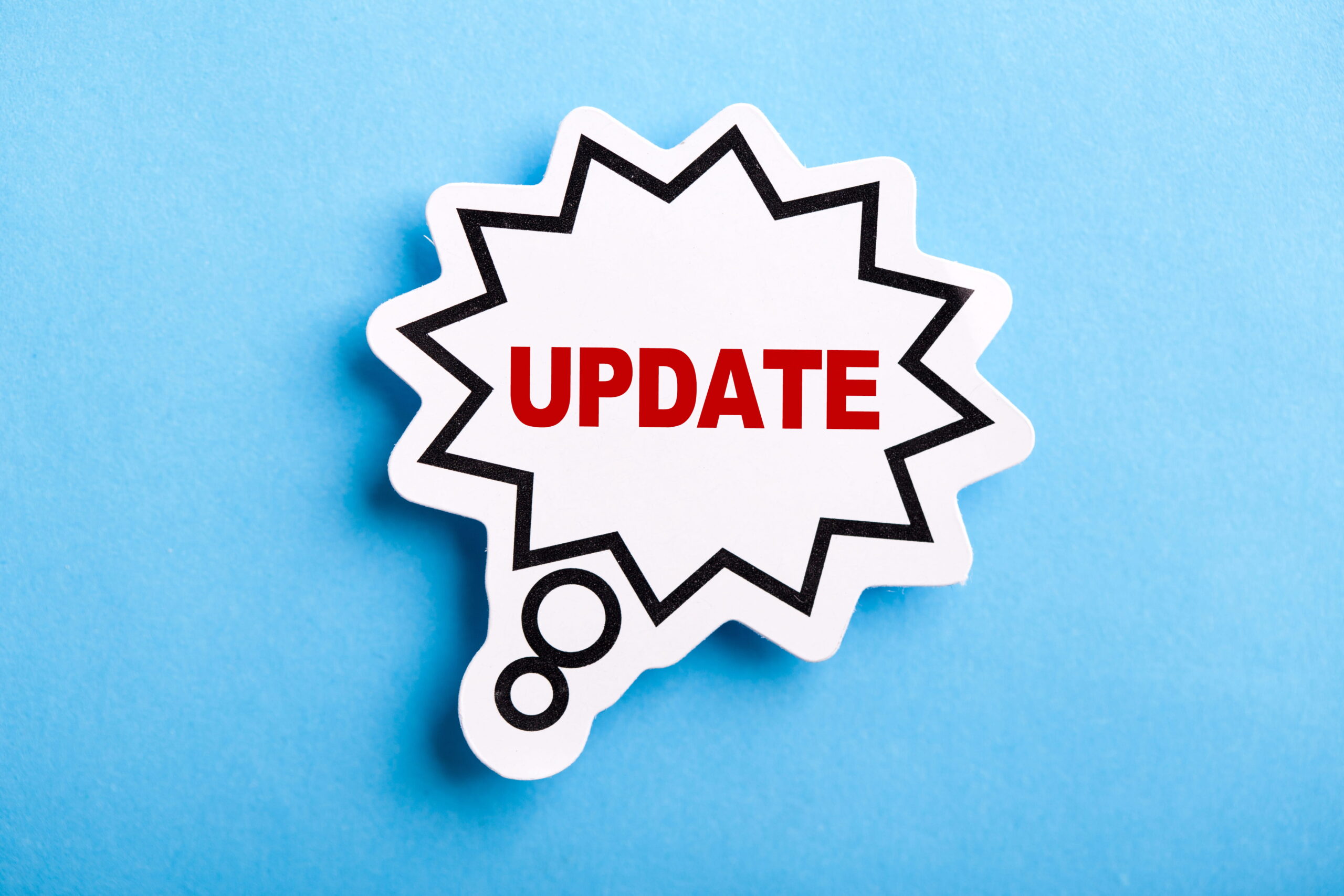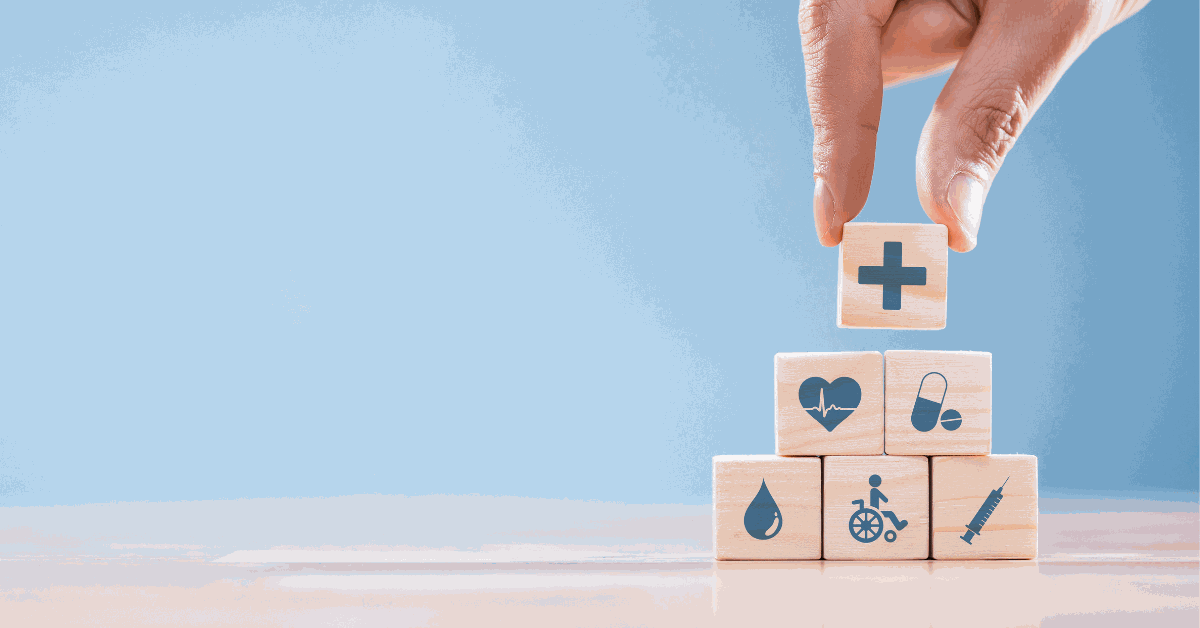The COVID-19 crisis has significantly impacted all our lives, and there is no telling if we will ever fully return to “normal.” Though some individuals have been less affected than others, most Americans have experienced increased stress, with many others experiencing decreased well-being and other symptoms of psychological distress. Recent survey data indicate that 71% of a nationally representative adult sample are concerned about the Coronavirus’ implications for their personal health. Nearly half (49%) say that the stress and anxiety caused by COVID-19 has been challenging for them. About 40% say that the COVID-19 crisis has caused financial stress, and 28% say that it has negatively impacted their relationships.[1] These are likely underestimates, as participants may be unwilling to admit that the COVID-19 crisis has impacted their psychological health and well-being or are not consciously aware of the extent of these impacts.
The medium to long term impacts of the COVID-19 crisis on individuals’ psychological health and well-being remain unknown; however, prior research suggests that such impacts will be significant and persistent for many. A recent review of studies examining the effects of quarantine reveals that those who have been quarantined are about four times more likely to experience post-traumatic stress disorder symptoms and depressive disorder symptoms compared to their counterparts. Longitudinal data indicate that such symptoms were observed in subjects up to three years following the quarantine event. It should be noted that many of these subjects were quarantined for about two weeks.[2]
Increased stress and uncertainty, fear of illness and death, and other changes in psychological health and well-being can dramatically affect how individuals process information and make decisions. The COVID-19 crisis will not be “behind us” when civil trials resume across the U.S. Fear of infection and other associated stressors will likely persist until a vaccine becomes widely available; even then, many individuals will continue to experience stress due to financial hardships and other COVID-19-related issues. Thus, it is critical for civil trial lawyers, in-house counsel and insurance claims specialists to understand the effects the COVID-19 crisis will likely have on civil jurors’ attitudes and decision-making in the following months, and perhaps years. This is the first of a four part series on the top changes to expect in civil jurors’ attitudes and decision making as a result of the COVID-19 crisis.
Polarization
When individuals are reminded of death and the reality that they too one day will die, they tend to cling to and strongly defend their pre-existing ideologies, attitudes, and beliefs. Typically, there is a shift in their ideological framework such that they become more extreme. Social psychology’s Terror Management Theory posits that when confronted with “mortality salience” or subconscious death-related anxiety, people react by bolstering their own worldview (thus the strengthening of pre-existing attitudes and beliefs) in an attempt to feel more meaningful and in control. Whether or not you believe in this interpretation, there is no doubt that this effect occurs. Hundreds of studies have demonstrated that death reminders lead to ideological polarization and more vigorous defense of pre-existing beliefs; it is one of the most well-documented effects in the history of social psychology.[3] “Death reminders” cause religious individuals to become more religious. Political liberals become more liberal, and conservatives become more strongly conservative. Sports fans become more adamant supporters of their favorite teams, and more likely to derogate or reject fans of different teams.
Mortality salience and death reminders are everywhere in the era of COVID-19, and likely still will be when civil jury trials resume. Even if jurors are not affected by mortality salience, however, it is likely that they will be experiencing stress, uncertainty, and perhaps fear. What does the research say about individuals who are stressed, uncertain, and fearful? One key finding is that these individuals will adhere to and defend their pre-existing attitudes and beliefs, and often become more polarized. Again, doing so helps them feel more in control and ease the psychological distress caused by uncertainty. Stress and fear catalyze the fight or flight response mode. These individuals are not in a position to consider multiple response options. Instead, they tend to choose familiar options when making a decision that cohere with their pre-existing experiences and beliefs. This is why stressed or fearful individuals often keep deploying the same ineffective tactic in the face of a threat rather than to consider a different, more effective solution.[4]
There are several steps corporations can take during this time to improve jurors’ perceptions of corporations and corporate defendants; our next featured COVID-19 publication will focus on this topic. Generally, prior research findings as well as some current data regarding public perceptions of corporations suggest that jurors will become more polarized as a result of the COVID-19 pandemic and that this polarization will persist even when the threat subsides. Jurors who were previously anti-corporate will likely at the very least retain that position, and many will likely become more anti-corporate. Many readers will likely recognize such ideological shifts in their own social network, especially if they are active on social media. Those who were previously publicly anti-corporate are posting about unfair and unsafe working conditions in the midst of the COVID-19 crisis, whereas those who were previously publicly pro-corporate are posting about CEOs taking pay cuts, paying full salaries and benefits for furloughed employees, and using their manufacturing facilities to produce medical equipment.
Ultimately, when civil jury trials resume, counsel and clients should expect that jurors will be more extreme in their beliefs and more adamant defenders of their beliefs. Some jurors may also be more willing to express those beliefs via a juror questionnaire and during voir dire. It will be critical for counsel to develop and execute evidence-based, highly strategic inquiries and detailed plans for voir dire in order to increase support for challenges for cause and to retain (and if necessary, rehabilitate) the most advantageous jurors.
[1] See Morning Consult’s Coronavirus Trend Tracker: How the Coronavirus Outbreak is Impacting Public Opinion. Available at
https://morningconsult.com/form/coronavirus-outbreak-tracker/
[2]Brooks, S, K., Webster, R. K., Smith, L. E., Woodland, L., Wessley, S., & Greenberg, S. et al. (2020). The psychological impact of quarantine and how to reduce it: Rapid Review. The Lancet, 395, 912-920.
[3]Pyszczynski, T., Solomon, S., & Greenberg, J. (2015). Thirty years of terror management theory: From genesis to revelation. Advances in Experimental Social Psychology, 52, 1-70.
[4] Anderson, E. C., Carleton, R. N., Diefenbach, M., & Han, P. K. J. (2019). The relationship between uncertainty and affect. Frontiers in Psychology, 10, 1-17.

Be confident in achieving superior litigation outcomes. CSI has the expertise, track record, and capabilities to help you win.



